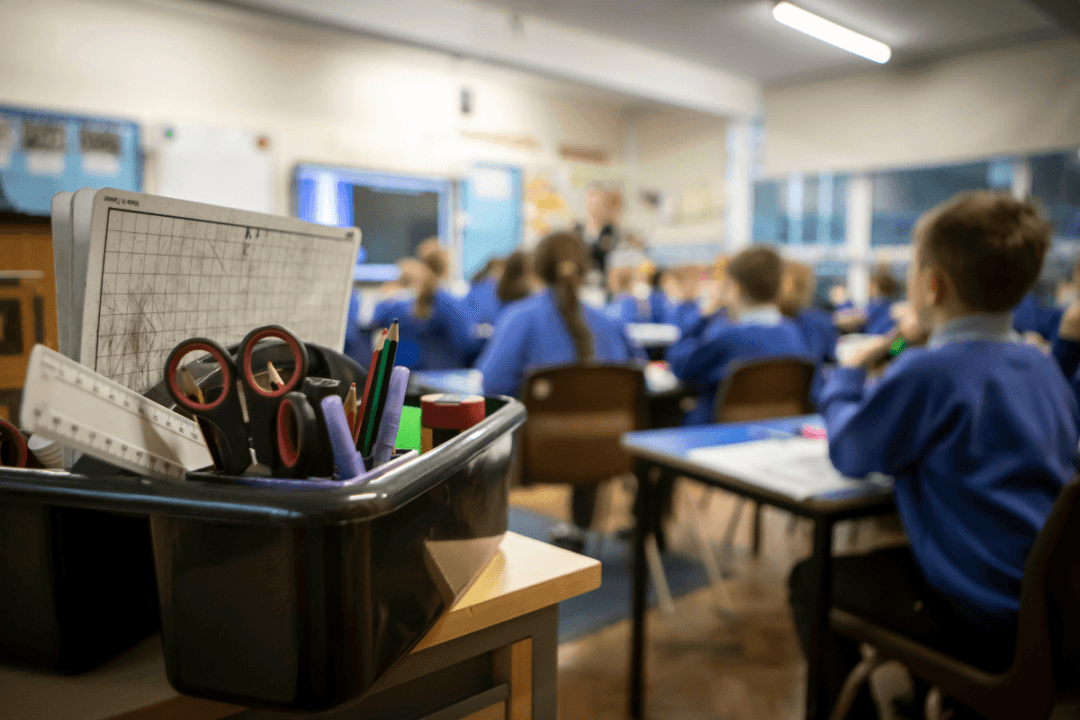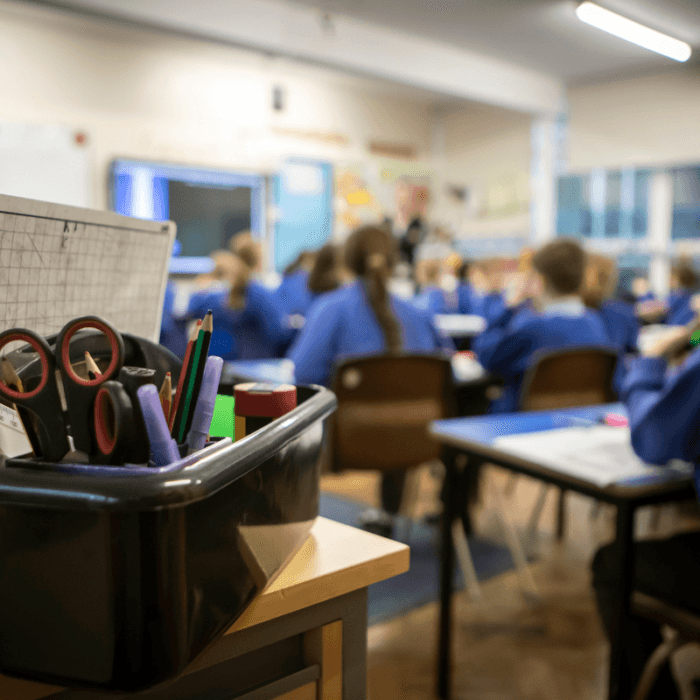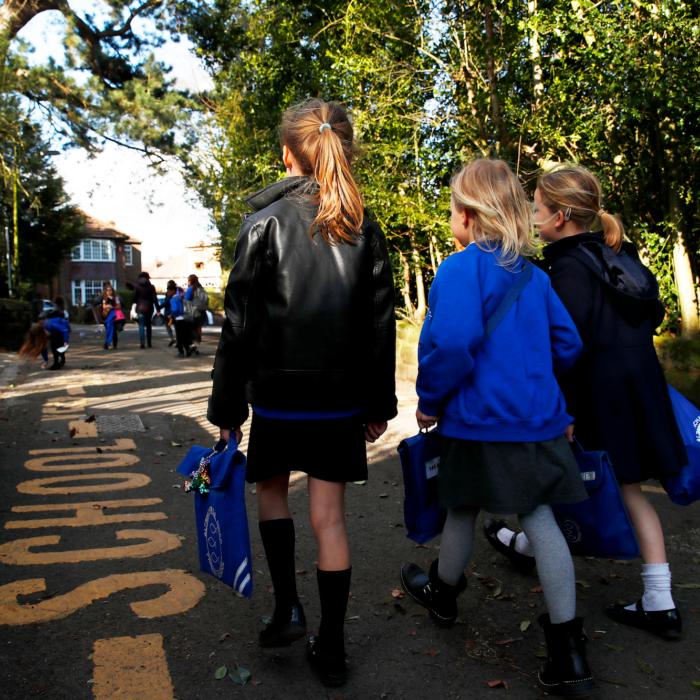A group representing more than 1,400 private schools will launch legal action against the government’s decision to apply VAT to independent school fees.
The Independent Schools Council (ISC), an umbrella body for seven associations representing private schools in the UK and abroad, said its board has voted in favour of the legal challenge on Thursday and a pre-action letter will be issued to the government shortly.
The action was announced after Chancellor Rachel Reeves confirmed plans to impose the additional 20 percent tax on school fees from January in Wednesday’s Budget.
The government has estimated the policy will raise £460 million next year, rising to £1.7 billion by 2029-2030, which it says it will use to raise standards in state schools by recruiting an additional 6,500 teachers, while some of the money will go towards breakfast clubs and the creation of 3,000 nurseries.
Special Needs Schools
Others have raised concerns about the number of children with special needs who attend specialist private schools who may be forced to go to state schools which do not offer the same level of support.Some headteachers have said their school could face closure because of the policy, especially smaller and less expensive establishments, including religious schools. A group of three Christian schools has launched its own legal challenge under the human rights act, because they argue they are being discriminated against.
“At all points throughout this debate, our focus has been on the children in our schools who would be negatively impacted by this policy.
“This focus remains and we will be defending the rights of families who have chosen independent education, but who may no longer be able to do so as a direct result of an unprecedented education tax.”
6 Percent Could Leave
The government has predicted that 35,000 private school pupils will move into the state system “in the long-term steady state” after the VAT is introduced in January.Another 2,000 children, consisting of international pupils who are likely to move to schools abroad, and domestic pupils who will move into homeschooling, are expected to leave the UK’s private sector.
A total of 37,000 pupils leaving or never entering the sector equates to around 6.67 percent of the current private school population, according to government figures. The latest available figure puts the UK’s private school population at 554,253.
The government announced on Wednesday it will increase the funding allocated to the continuity of education allowance (CEA), which supports mobile military and diplomatic families with boarding school fees for their children, ahead of the imposition of VAT.
The announcement on CEA came after warnings from staff they might quit the armed forces if they were not given additional help ahead of the VAT changes.
Human Rights Act
Its legal case will focus around claims of alleged breaches of the European Convention on Human Rights and the Human Rights Act 1998.It will be separate from other litigation but the ISC said it will liaise with these other third-party groups.
Labour had considered abolishing the charitable status enjoyed by 70 percent of private schools, but shelved this proposal this after concerns it would affect other fee-charging institutions, including universities.
In response to criticism of the policy, the government has argued that schools are free to reduce their fees so the overall amount paid by parents does not rise significantly, but some smaller fee-paying schools have said this is not possible.
Human rights barrister Lord David Pannick, KC, will lead the action for the ISC, working alongside Paul Luckhurst from Blackstone Chambers and legal firm Kingsley Napley.







